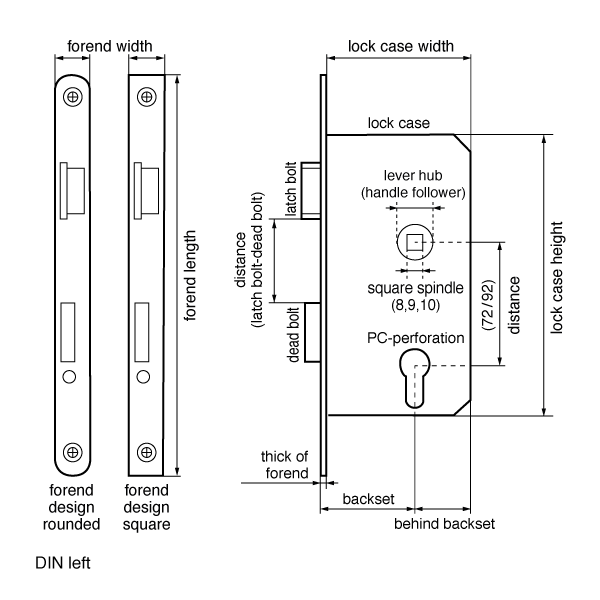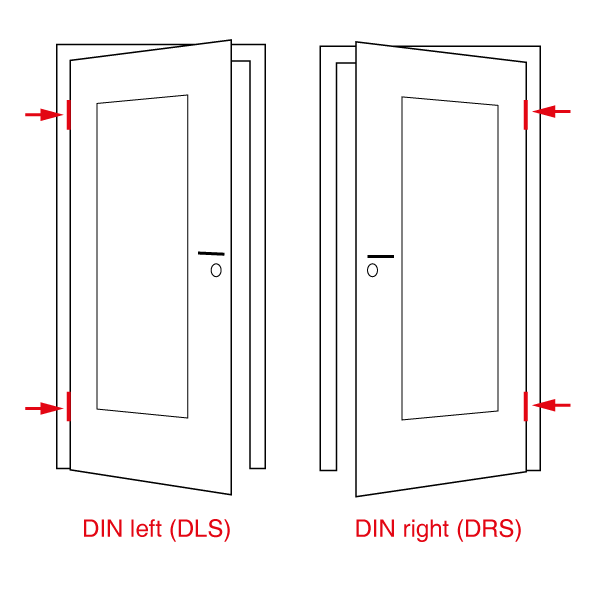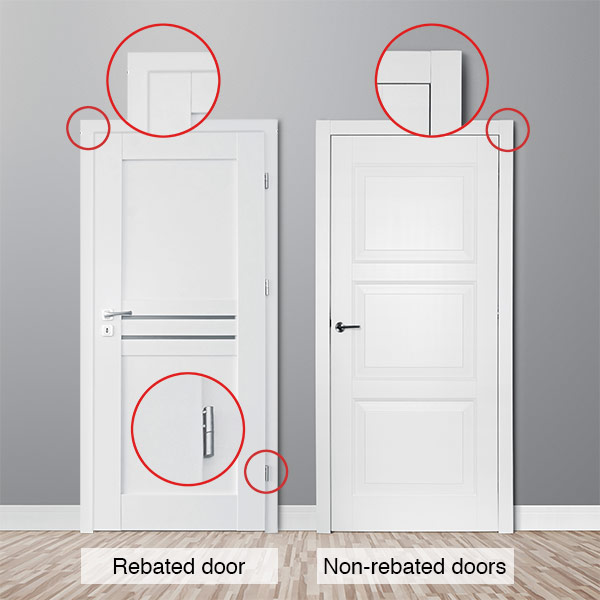FH anti-panic lock with one-sided lever hub
Dimensions:
Product features:
- panic function "E"
- an interchangeable fitting is necessary
- one-sided lever hub
- forend galvanised
- forend design rounded
- can be used for door alignment DIN right or DIN left
Scope of application:
- suitable for anti-panic doors with 72 mm distance
- prepared for Euro profile cylinder
Functional description - Panic function "E" (alternating function):
By operating the lever handle from the inside, the latch bolt and the locked dead bolt are retracted. The door can be opened. The door has a fixed knob from the outside. Latch bolt and dead bolt can be operated only with the key. After closing the door, opening from the outside is prevented by the latch bolt. To open the door, the latch bolt is retracted by operating the key. The door can be additionally locked and unlocked by key operation.
Manufacturer:
KBV Kehrmann Beschlagtechnik Velbert e. K.
Zeiss-Straße 19
D-42551 Velbert
www.kbv-beschlaege.de



















